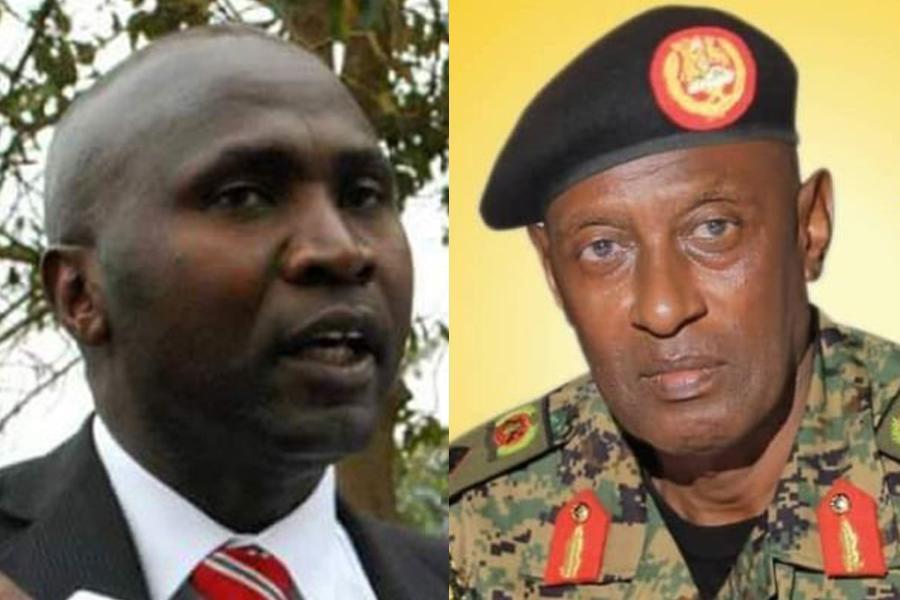Africa-Press – Uganda. As the race for the NRM parliamentary flag in Lwemiyaga County heats up, a tense rivalry between incumbent MP Theodore Ssekikubo and his challenger Brig. Gen. Emmanuel Rwashande is threatening to derail prospects for joint party campaigns.
Traditionally, NRM aspirants in many constituencies conduct joint campaigns to present a united front, consolidate support, and reduce the risk of internal divisions.
But in Lwemiyaga, where tensions are high and stakes even higher, that tradition is unlikely to hold.
“It’s going to be hard for them to have joint campaigns because they have different visions and strategies for the constituency,” said political analyst Joseph Kintenge.
“Each candidate wants to outdo the other, and that kind of competition is not easy to harmonize.”
Insiders close to both camps say the relationship between Ssekikubo and Rwashande is frosty at best, marked by lingering personal differences and political mistrust.
“The two have been at odds for a while now,” said Emmanuel Kirya, a local observer. “It’s not just a policy issue—there’s also ego and unresolved tension that makes cooperation difficult.”
Ssekikubo, a longtime MP and known political firebrand, has been a vocal critic of certain NRM policies and is often seen as an independent-minded figure within the party.
His challenger, Brig. Gen. Rwashande, is backed by a section of the political establishment and is positioning himself as a fresh alternative who can strengthen party discipline and development delivery in the constituency.
For voters in Lwemiyaga, the rivalry presents a critical moment. With both candidates touting their loyalty to the party but pulling in different directions, residents are left to weigh competing promises against the realities of what each contender can actually deliver.
“Lwemiyaga voters are sophisticated,” Kintenge noted. “They want more than just party loyalty—they want tangible results, visible development, and representation that fights for their interests.”
The situation in Lwemiyaga reflects broader challenges in Uganda’s internal party democracy, where primaries can be just as combative and consequential as general elections.
In areas with long-standing incumbents or divided loyalties, efforts to promote joint campaigns often collapse under the weight of unresolved disputes and factional power struggles.
While the NRM secretariat has in the past attempted to enforce unity through structured campaign coordination, Lwemiyaga may prove to be one of those battlegrounds where each candidate must go it alone—banking on personal networks, campaign machinery, and grassroots mobilization.
As the primaries draw near, attention will be firmly fixed on whether Ssekikubo and Rwashande can rise above their rivalry for the sake of party cohesion—or if their divide will deepen, possibly splitting support and weakening the eventual flag bearer’s standing in the general election.
For More News And Analysis About Uganda Follow Africa-Press






